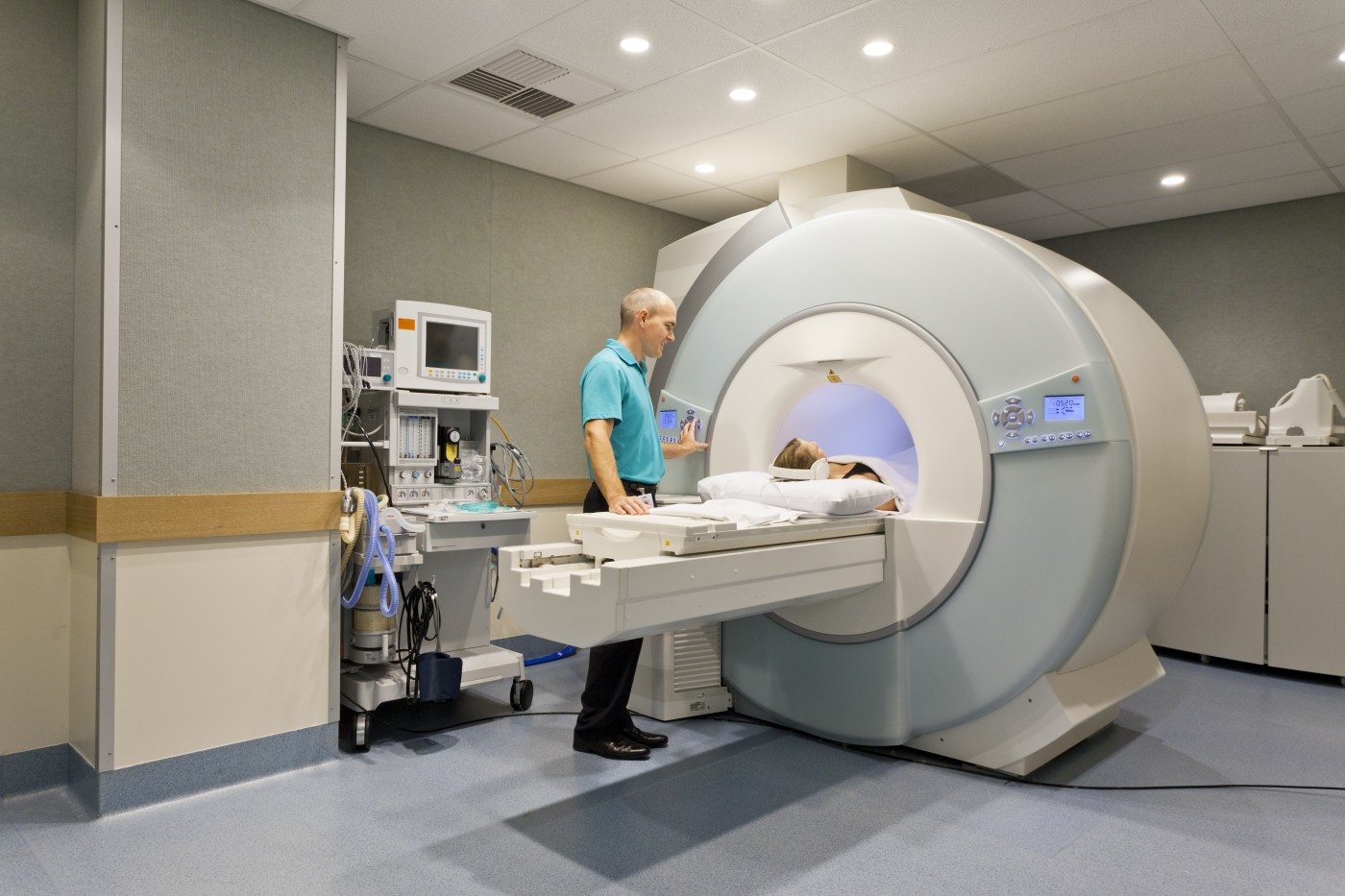The International Journal of Radiation Oncology, Biology and Physics (Red Journal) from the American Society for Radiation Oncology (ASTRO) will feature a special issue entitled “Radiation and the Modern Management of Lymphoma” in its May 1, 2015 edition devoted to lymphoma, current diagnosis and treatment strategies, and the role played by radiation therapy. May 2015 marks 50 years since the first multidisciplinary conference on lymphoma “La Radiotherapie de la Maladie de Hodgkin” that took place in 1965 in Paris, France.
Lymphoma corresponds to a tumor of the lymphatic system, which is part of the immune system, and is characterized by the formation of solid tumors that affect immune cells called lymphocytes (white blood cells) leading to a persistent enlargement of lymph nodes. There are several types of lymphoma, which can be divided into two main categories: Hodgkin lymphoma corresponding to around 10% of all lymphomas, and non-Hodgkin lymphomas, representing the remaining 90%. Non-Hodgkin lymphomas are the result of abnormalities in a specific type of white blood cell – T cells or B cells, while Hodgkin lymphoma is linked to a type of cell called Reed-Sternberg cell.
In the first half of the 20th century, lymphomas were thought to be incurable and radiation therapy was only applied as palliative care. At the 1965 Paris conference, however, radiation therapy was debated as a possible effective treatment for lymphoma. In the following decades, several trials were conducted to assess the efficacy of a combined treatment based on radiation therapy and chemotherapy.
At present, radiation therapy based on the employment of high-energy rays to destroy cancer cells is often used as the primary treatment for early lymphomas (stage I or II, lymphoma cells in lymph nodes in one part of the body), as these cancers usually respond very well to radiation. For the treatment of more advanced or aggressive lymphomas, a combination of radiation therapy and chemotherapy is usually applied.
This special Red Journal issue includes 26 high-quality research studies focusing on the complex role of radiation therapy in modern lymphoma management, namely regarding the therapeutic design and delivery, therapeutic combinations and the incorporation of modern imaging.
“Few malignancies have been examined with the same history and rigor as the lymphomas,” said the editor-in-chief of the Red Journal Dr. Anthony L. Zietman in a news release. “Meticulous study in a series of well-designed trials by radiation oncologists and medical oncologists working together and separately has led us to where we are today. The exceptional studies in this Red Journal issue capture the spirit of investigation that has yielded really meaningful advances for contemporary lymphoma management.”


